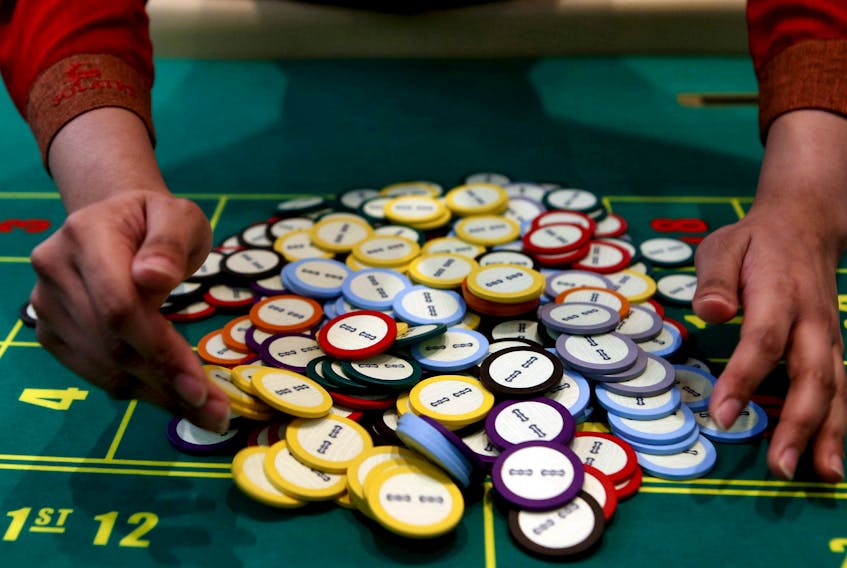MANILA (Reuters) - China has said it hopes the Philippines will ban online gaming to support its crackdown on cross-border gambling, which it said foreign criminals had used to embezzle funds and illegally recruit workers.
The Philippine gaming regulator has banned licenses for new online gaming firms, as lawmakers and some ministers have called for tighter controls on Chinese visitors, saying many are illegal workers whose presence fans security concerns.
Although China welcomed the Philippine move to stop accepting applications for online gaming licenses, its foreign ministry spokesman Geng Shuang said, "We hope the Philippines will go further and ban all online gambling."
The remarks were in the transcript of a news conference published on Wednesday by the Chinese embassy in Manila.
"We hope it will further strengthen law enforcement with China and jointly tackle criminal activities including online gambling and cyber fraud," Geng told a news conference on Tuesday, the transcript showed.
He also lauded a ban on online gambling announced by Cambodia.
"Online gambling is a most dangerous tumor in modern society detested by people all across the world," Geng said of the Cambodian move. "It is a shared hope that this problem could be effectively dealt with."
An influx of Chinese into the Philippines started in 2016, coinciding with the rise of President Rodrigo Duterte, who backed the gaming regulator's move to license internet gambling.
The number of Chinese holders of work permits quadrupled in the two years since Duterte took office to about 110,000 in 2018, government data showed, making China the biggest source of expatriate workers in the Philippines.
That compared with nearly 5,000 issued to Japanese and just over 600 to U.S. citizens.
Vast sums of Chinese money were ending up in the Philippines via money laundering and underground banking, China's embassy in Manila has said, adding that citizens were being illegally drawn into an industry that fueled social problems and crime at home.
It said citizens' rights were being violated and dozens were kidnapped, tortured and physically abused by local employers who confiscated their passports, calling for measures to prevent and punish the Philippine casinos.
Philippine offshore gaming operators are a big boon for the economy, however, with China's insatiable appetite for gambling helping to fuel office and residential demand and drive retail spending and a mushrooming of businesses catering to Chinese.
(Reporting by Karen Lema; Editing by Clarence Fernandez)









